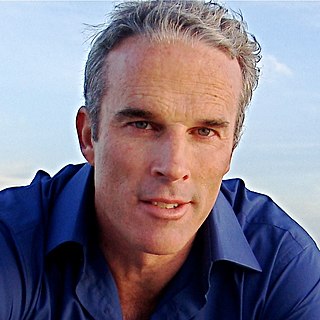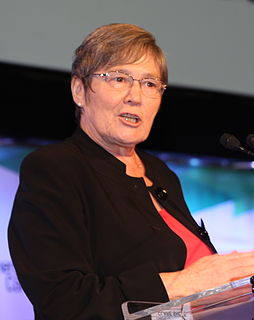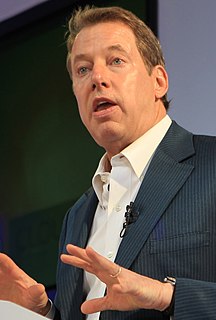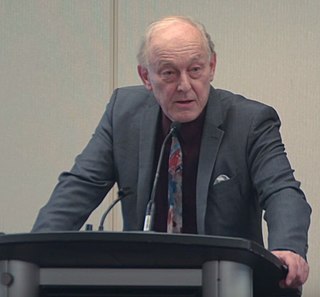A Quote by Klaus Schwab
When the World Economic Forum was established in 1971, the global population was four billion, of which 50% lived in poverty.
Related Quotes
The collective shortfall of the 3.08 billion people (47 percent of world population) who, in 2005, lived below $2.50 per day was $507 billion per annum, which indeed comes to about two-thirds of the present US military budget. This gives us a rough sense of how much the eradication of poverty would cost.
The G20 was established as a forum to discuss, first and foremost, world economic issues. If we load it with... Of course, politics affects economic processes, this is obvious, but if we bring some squabbles, or not squabbles, rather, some matters that are really important but relate purely to world politics, we will overload the G20 agenda and instead of addressing such issues as finance, structural economic reforms, tax evasion and so forth, we will engage in endless debates concerning the Syrian crisis or some other global challenges, of which there are many, or the Middle East problem.
I always give the analogy of the Earth at Night picture, of 7.3 billion of us, right? And everyone says, "Well, that's population." Well, if you took the entire world's population and you lived at the density of Manhattan proper - not a bad place to live - how much space do 7.3 billion people take up? The state of Colorado. At which point I end my lectures, because I want you to be thinking ... is this really a question of population, or is this a question of land use and resource consumption? And let's face it, the top 1.3 billion of us are doing all the damage. Sorry.
Pope Francis emphatically does not buy the argument that poverty can be alleviated by the 'trickle down' effects of wealth creation. He is deaf to arguments that the global economy has brought a billion people out of poverty. He is convinced, in short, that the best and only way to expel poverty is fairer distribution of the world's goods.
It's a moral imperative, it's an economic imperative, and it is a security imperative. For we've seen how spikes in food prices can plunge millions into poverty, which, in turn, can spark riots that cost lives, and can lead to instability. And this danger will only grow if a surging global population isn't matched by surging food production. So reducing malnutrition and hunger around the world advances international peace and security - and that includes the national security of the United States.
For the first time ever we are capable of removing abject poverty, illiteracy and the diseases of poverty from the human condition. The current intensification of global economic integration has demonstrated that there is enough knowledge, technology and capital to bring development to all the people of the world.
We have the opportunity now to look at the two billion people in the world who suffer from the most abject poverty, hunger, disease, and devastation. Add to that another two billion people who are just plain poor. If you look into the world of those caught in economic oppression, illiteracy, disease, and sexism, then you'll understand more clearly what we have to do.
The problem the world faces today is that only one-third of the world's population lives in decent circumstances, while half the population of the world lives on one or two dollars a day. And even as we have this poverty and backwardness, we are facing a global environmental crisis. We need developmental models that will take into account the specific and unique position of each country and at the same time will address the environmental crisis.




































